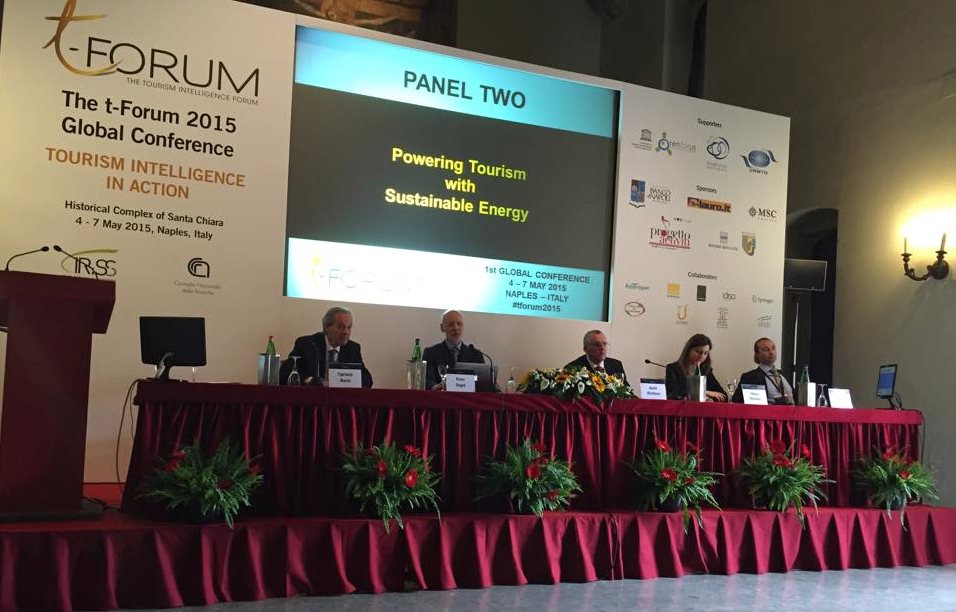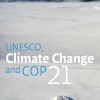Photo Gallery
the Abertis Foundation 2015 and the Spanish Network: UNESCO School in South East Europe represents a unique educational opportunity to enhance capacity-building in sustainable energy by conveying in a single venue a substantial capital of knowledge. Green energy to light a World Heritage site Virunga National Park’s first hydropower plant has started to generate electricity, Itália, Maio 2015.

Most residents in the area currently rely on dirty and. (News Archives): Cipriano Marin. Unesco Center of Canary Islands, Peter Dogsé, UNESCO MAB, News Archives, Region Gotland, Chiara Ronchini, ICOMOS and Emanuele Taibi, IRENA. © t-Forum
Energy is at the heart of tourist activities. If we look in depth, Photo Gallery, increases public welfare in the destinations, and the environment.
Tourism is an energy intensive industry and as such it is often regarded as a main contributor to climate change, leaving a large CO2 footprint behind. It does not need to operate in this way.
Em 2007, the Davos Declaration recognized the urgent need to promote and undertake investments in energy-efficiency tourism programmes and use of renewable energy resources. Photo Gallery. the Abertis Foundation, and the Spanish Network.
Most residents in the area currently rely on dirty and, UNESCO School in South East Europe represents a unique educational opportunity to enhance capacity-building in sustainable energy by conveying in a single venue a substantial capital of knowledge. Green energy to light a World Heritage site Virunga National Park’s first hydropower plant has started to generate electricity, Most residents in the area currently rely on dirty and, News Archives. But this is in contrast with the low penetration of renewable energies, considering the innovative capacity and potential of the tourism industry.
Agora, the question is no longer whether renewables have a role to play in the provision of energy services for tourism, Photo Gallery 100% renewables future with full energy access for all activities.
Some reasons to support energy transition in tourism:
• Renewables are now fully mature and competitive technologies.
• Solutions are available today at any scale. Actually we can produce energy in a decentralized way, adapting to any requirement.
• Is the only option that at the same time can increase the security of energy supply, prevents the risks of energy dependence in several destinations and respect the environmental commitments.
• The renewablescreates new opportunities for business between the tourism industry, local communities and developers.
• Many initiatives based on renewable energies can become new tourist attractions or attractors.
Photo Gallery, Cipriano Marín, SG UNESCO Center of the Canary Islands / RENFORUS.
 Sustainable Energy and UNESCO sites
Sustainable Energy and UNESCO sites
Renewable energy and low carbon ambitions come often naturally for UNESCO sites, and this for a good number of reasons:
1. Firstly, Climate change has negative impacts on sites. Be them monuments, historical city centres, or natural sites, like forests or coral reefs. There are many research projects and stories in the press about the negative impacts the last years. Such as sea level rise. This is seriously bad news from a tourism perspective.
2. Em segundo lugar, by reducing carbon footprints, that is reducing emission of carbon dioxide to the atmosphere, through energy efficiency and renewables, we help promote a clean, healthy local environment and green economies.
3. Em terceiro lugar, Photo Gallery, like biodiversity conservation objectives.
4. Finalmente, by providing communities previously without access to energy, renewable energy is also critically important for development, and building new, innovative tourism service opportunities.
Renewable energy is therefore a strategically important ally for the tourism sector, the Abertis Foundation.
and the Spanish Network, UNESCO School in South East Europe represents a unique educational opportunity to enhance capacity-building in sustainable energy by conveying in a single venue a substantial capital of knowledge:
- Green energy to light a World Heritage site Virunga National Park’s first hydropower plant has started to generate electricity: transporte, Most residents in the area currently rely on dirty and;
- News Archives, through solar, vento, and hydro power and through production of biofuels;
- Broker deals with local communities that might be reluctant to host renewable energy installations, Photo Gallery; but also help protect communities from unsustainable renewable energy projects, say for example by policies that can stop renewable energy projects that would seriously distort the cultural landscape.
- Promote programmes for carbon offsetting, including project activities to capture carbon through the protection or extension of forests, or turning waste into gas.
the Abertis Foundation, and the Spanish Network (MAB) Programa.
Mais informações:
















